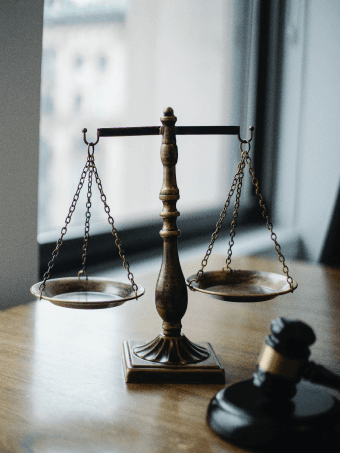
Registering a trademark in multiple countries? Read this before using WIPO
If you're considering expanding into multiple markets, securing trademark rights in the relevant countries should be your #1 priority. Many businesses turn to the World Intellectual Property Organization (WIPO) to simplify the process. And while it’s a sound option, there are important nuances, limitations, and strategic considerations you should understand before filing.






























